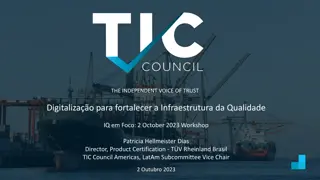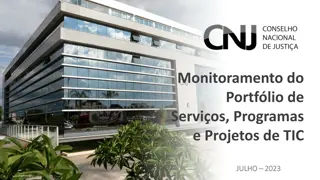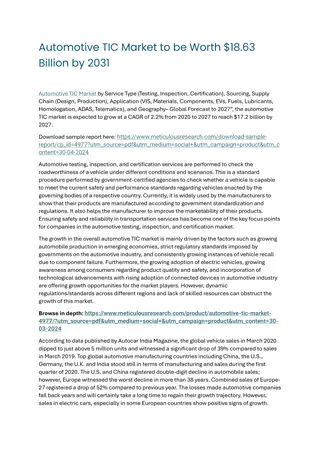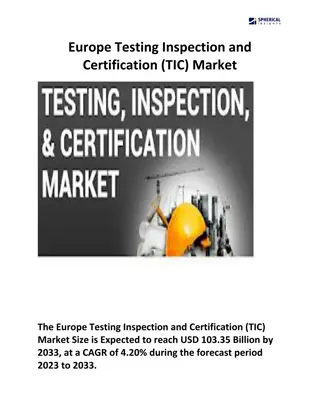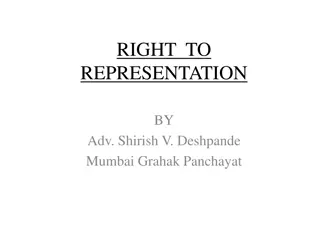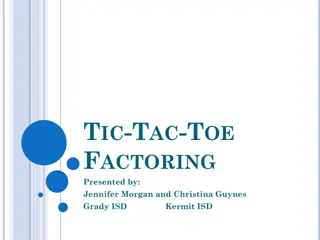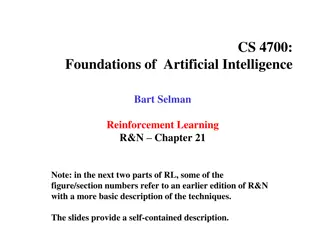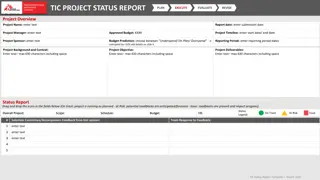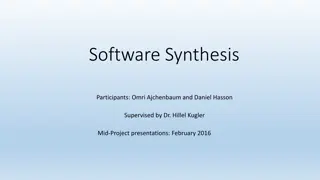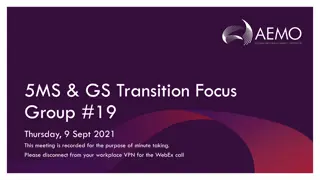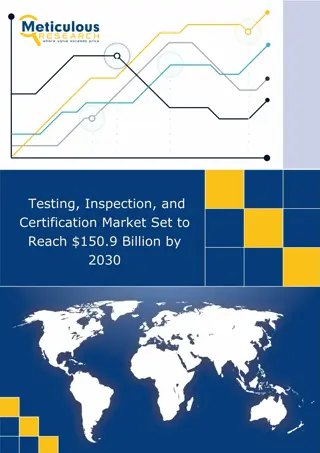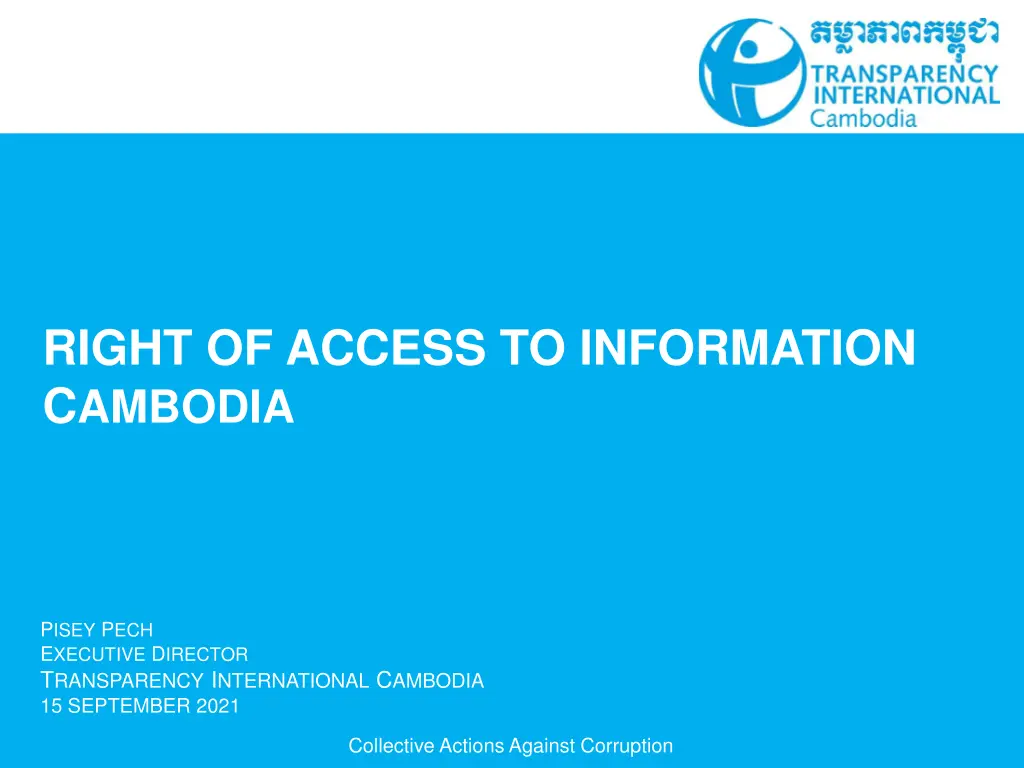
Access to Information in Cambodia: Collective Actions Against Corruption
Learn about the right of access to information in Cambodia, its importance, current status, and efforts towards adopting laws. Explore the challenges and progress made in promoting transparency and accountability through inclusive processes.
Uploaded on | 1 Views
Download Presentation

Please find below an Image/Link to download the presentation.
The content on the website is provided AS IS for your information and personal use only. It may not be sold, licensed, or shared on other websites without obtaining consent from the author. If you encounter any issues during the download, it is possible that the publisher has removed the file from their server.
You are allowed to download the files provided on this website for personal or commercial use, subject to the condition that they are used lawfully. All files are the property of their respective owners.
The content on the website is provided AS IS for your information and personal use only. It may not be sold, licensed, or shared on other websites without obtaining consent from the author.
E N D
Presentation Transcript
RIGHT OF ACCESS TO INFORMATION CAMBODIA PISEY PECH EXECUTIVE DIRECTOR TRANSPARENCY INTERNATIONAL CAMBODIA 15 SEPTEMBER 2021 Collective Actions Against Corruption
Right of Access to Information What is right of access to information or right to information? A fundamental human right right to obtain information, documents, or data held by public bodies, without having to give reasons obligation for the governments to be responsive to information requests and proactive in publication of information Collective Actions Against Corruption
Right of Access to Information Why is it important? an integral element of good governance and a precondition for democracy hold government accountable and transparent enable civic participation in informed dialogues and decision-making processes that affect people s lives empower citizens to fight corruption through knowledge Collective Actions Against Corruption
Right of Access to Information in Cambodia Right now, over 120countries have right to information laws Cambodia has yet to adopt it. No existing acts requiring officials to provide information to the public, in Cambodia. Collective Actions Against Corruption
Right of Access to Information inCambodia Draft policy paper on A2I 2007 A2I working group, chaired by minister of information, with members---ministries, CSOs and UN agencies Website launched as a participatory and inclusive approach First draft of A2I law completed 2015 2016 2018 Pending for adoption, despite previously announced intention to push for adoption by 2020 Present Collective Actions Against Corruption
Right of Access to Information inCambodia The processes of developing this bill has been seen as more participatory and inclusive than those of other laws. However, it still does not meet international standards. Collective Actions Against Corruption
Right of Access to Information inCambodia public information limited to official documents provisions not clearly defined, e.g. term confidential information, or sanction on failure to release information leaves room for other laws to override the bill, e.g. allowing public institutions not to release their confidential information fails to protect whistleblowers Does not apply to all public bodies (bodies exercising public functions and private bodies using public funds) No independent oversight body Lack of references to international instruments regarding A2I such as UDHR, ICCPR, and UNCAC Collective Actions Against Corruption
Right of Access to Information inCambodia Our advocacy efforts: Engage throughout the processes of draft law Provide recommendations for revisions on poorly written provisions Campaign to public raise awareness on importance of A2I Challenges: Lack of genuine commitment from the government Lengthy processes of drafting the bill CSOs input not taken fully aboard Collective Actions Against Corruption
Questions to Contemplate 1) Should CSOs advocate the law to be adopted in the current form? 2) Are there any success stories which provide evidence that having and implementing A2I Law would lead to less corruption in the country? Collective Actions Against Corruption

